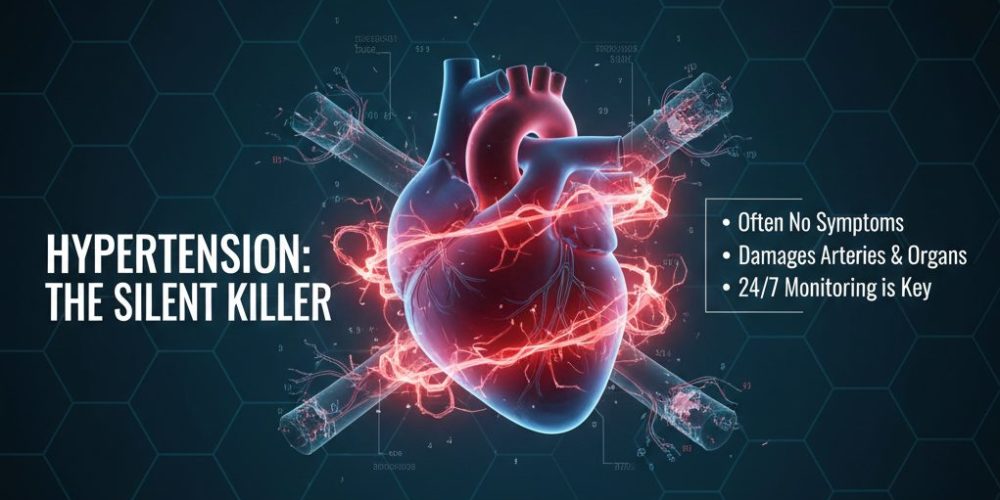Caring for a loved one with a chronic condition can be both rewarding and challenging. Family caregivers often find themselves juggling multiple responsibilities, from managing medications to coordinating doctor visits, all while trying to maintain their own well-being. Fortunately, Chronic Care Management (CCM) programs, supported by advanced technology, are here to help. These programs offer invaluable resources and support, making it easier for caregivers to provide the best possible care for their loved ones.
The Role of Technology in Chronic Care Management
Technology has revolutionized the way we approach chronic care. With the advent of remote patient monitoring (RPM) devices, telehealth services, and comprehensive care management platforms, caregivers now have access to tools that can significantly ease their burden. These technologies provide real-time health data, facilitate communication with healthcare providers, and offer educational resources tailored to the specific needs of patients with chronic conditions.

How CCM Programs Support Family Caregivers
- Real-Time Health Monitoring: RPM devices allow caregivers to monitor their loved ones’ health metrics, such as blood pressure, glucose levels, and heart rate, from the comfort of their home. This continuous monitoring helps in early detection of potential health issues, reducing the risk of hospital readmissions.
- Enhanced Communication: CCM programs often include telehealth services that enable caregivers to consult with healthcare professionals without the need for in-person visits. This not only saves time but also ensures that caregivers can get timely advice and support.
- Educational Resources: Many CCM platforms provide access to a wealth of educational materials, including articles, videos, and webinars. These resources help caregivers stay informed about the latest best practices in chronic care management, empowering them to make informed decisions.
- Care Coordination: Managing multiple healthcare appointments and treatments can be overwhelming. CCM programs offer care coordination services that streamline these processes, ensuring that all aspects of a patient’s care are well-organized and efficiently managed.
- Emotional Support: Caring for a loved one with a chronic condition can take an emotional toll. CCM programs often include support groups and counseling services, providing caregivers with a much-needed outlet to share their experiences and receive emotional support.

The Impact of CCM on Caregivers and Patients
The benefits of CCM programs extend beyond just the practical aspects of care. By leveraging technology, these programs help reduce the stress and anxiety associated with caregiving. Caregivers can feel more confident and capable, knowing that they have the tools and support they need to manage their loved ones’ conditions effectively. For patients, this means better health outcomes and an improved quality of life.
Conclusion
Chronic Care Management programs, empowered by technology, are transforming the landscape of caregiving. By providing real-time health monitoring, enhanced communication, educational resources, care coordination, and emotional support, these programs are making it easier for family caregivers to manage their loved ones’ chronic conditions. As we continue to advance in the digital age, the role of technology in healthcare will only grow, offering even more innovative solutions to support caregivers and improve patient care.



